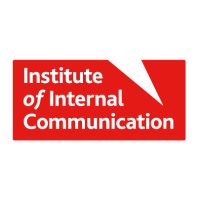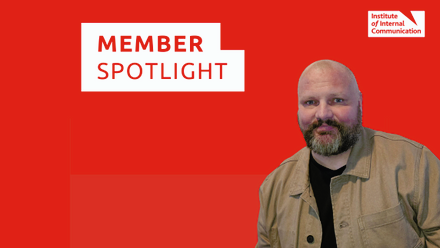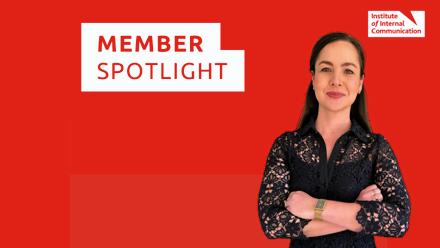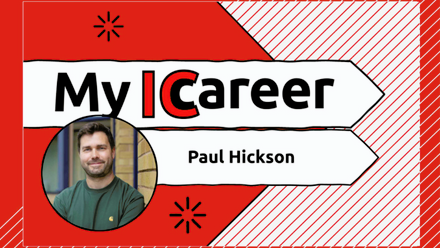Why did you choose to pursue a Fellowship with IoIC?
A few years ago, I helped someone with their IoIC Fellowship application, and it piqued my interest. I looked further into it; the process is rigorous and it really made me reflect on my contribution to internal communication and the work I’ve been involved in over for two decades.
Fellowship is such a great way to recognise the contribution I’ve had the opportunity to make in internal communication, both personally and professionally. It recognises the breadth of work I’ve been involved in, the expertise I’ve developed and my role in developing the profession. I was overjoyed when I found out I had been successful!
Why are you passionate about internal comms?
My first taste of being in a real internal comms environment was working for the Scottish government, post-devolution. It was such an exciting place to be. There were so many challenges to navigate and I saw an opportunity to create and shape an IC strategy and build meaningful new channels.
It was a brilliant time and I really enjoyed the role. I met so many great people, learned so much about the strategic value of internal communication and creating inclusive, accessible communications, and the pace of the work was challenging and fresh every day. Internal communication is a distinct part of the communications jigsaw and the excitement it brings has never left me.
Having over two decades of experience, what advice would you give to an internal communicator who is at the beginning of their career?
Professional study is really important. Understanding the theory and principles gained through internal communication-specific qualifications make it easier to build a base level of understanding that will help you thrive in the role.
I would also encourage anyone early on in their career to make the most of opportunities that allow them to try out the role in different environments. Knowing what it’s like to work in small and large teams, in the public and private sector and also across different industries will give you greater exposure and make you a more well-rounded internal communicator.
What advice do you have for all internal communicators when it comes to professional development?
Get into the habit of continuous professional development – it’s essential. Internal communication is continually changing because our stakeholders, our audience, the environment we operate in and changes in technology are ever-changing. When I started in IC, people didn’t routinely have mobile phones or social media! Expectations change and our society changes, and it’s IC’s job to keep up with that.
Constantly adding to your body of knowledge – no matter how long you’ve been in the profession – is crucial.
Having access to IoIC’s resources and training is invaluable. It’s on the cutting edge of what’s happening within internal communications – the latest thinking, case studies and learning opportunities. I always signpost people who are new to IC to the IoIC, so that they can use the wealth of knowledge and connections available to support their own professional development.






